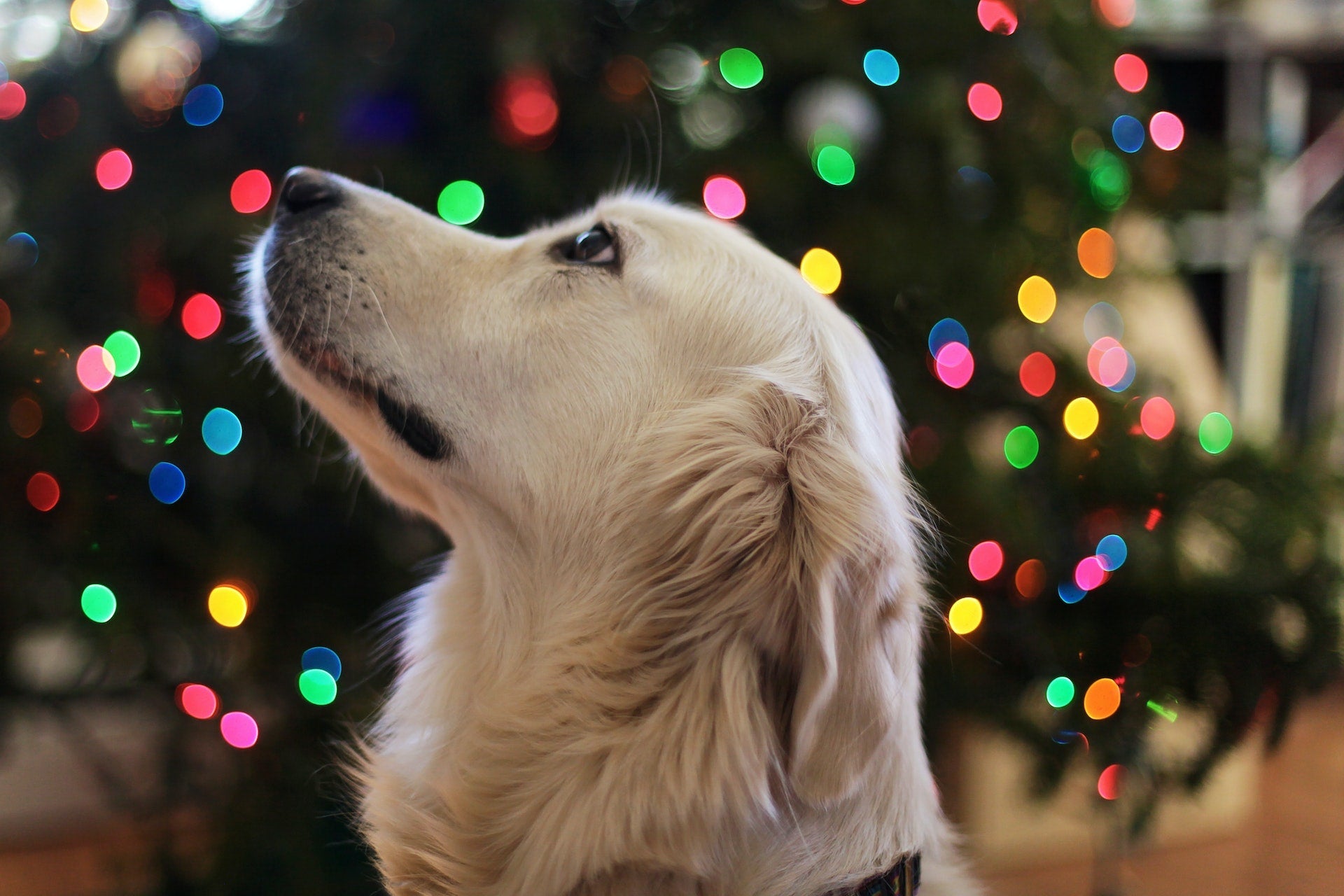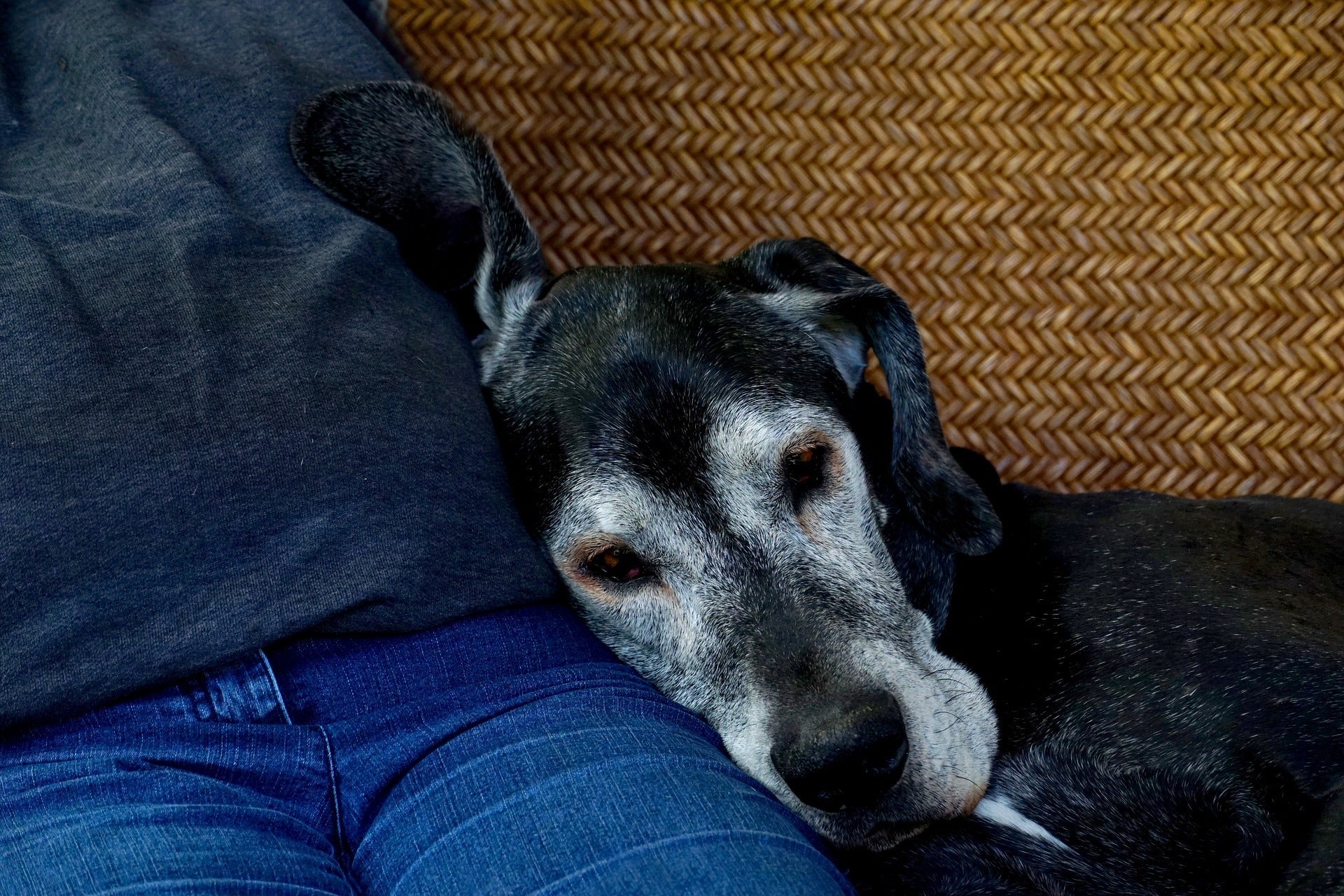With the holidays quickly approaching, many of us will be enjoying a delicious festive meal with family and friends. And a plump, juicy turkey is often the star of the show.
No matter how you prepare your turkey for the holidays, it's tempting to share with your furry friends, so they can be a part of the family festivities.
But before you slip your pet a slice of turkey, read on to learn which parts are safe to feed your pets – and which are better left on your own plate.

White and Dark Meat
Both white and dark turkey meat are safe for your pet to eat cooked or raw. However, it's important to feed your pet plain turkey meat without any added oils or seasonings.
Turkey is typically prepared with onions and garlic; onions are toxic to your pet if consumed, and while garlic might be fine in small amounts, it’s best to limit garlic consumption as well. These foods, along with chives, leeks, shallots, and scallions, all belong to the Allium family, a group of aromatic, edible plants.
Any member of the Allium family can lead to poisoning in pets, regardless of whether the plant is dried, fresh, or cooked. In fact, powdered versions like garlic powder and onion powder have a higher concentration, making them even more dangerous.
These vegetables and herbs contain disulfides and thiosulphates that damage your pet's red blood cells, making it harder for the blood cells to carry oxygen properly. Effects of your pet eating onions, garlic, or other seasonings can vary from gastrointestinal upset to kidney damage and anemia depending on how much is consumed.
To keep your pets safe, always remember to only feed them plain, unseasoned turkey meat that's been prepared without any cooked polyunsaturated oils.
Turkey Bones
Before feeding your pet a piece of cooked turkey meat, always remove any bones. Cooked bones are brittle and can easily splinter as your pet chews on them. This creates sharp shards of bone that can damage the esophagus and intestinal tract. The pieces can also become lodged in your pet's throat, creating a choking hazard or a potential blockage inside their gastrointestinal tract.
Raw bones, however, can be beneficial for your pet in moderation and with close supervision. Bones provide a great source of minerals to supplement your pet's diet, and they can also serve as mental enrichment for your pet. In addition, chewing on a bone can help keep your pet's teeth healthy by scraping away plaque and tartar.
If you give your pet a raw turkey bone, always inspect the bone first. If it's too small or too sharp, don't risk giving it to your pet. If the bone seems sturdy and big enough that your pet can't swallow it whole, you can give it to them for 10-15 minutes at a time.
During this time, always watch your pet closely. If the bone starts to break or you notice any signs of discomfort, take the bone away from your pet immediately and discard it. After the 10-15 minutes of chewing time are up, take the bone away and put it in the refrigerator until next time. You can store the bone in the refrigerator for 3-4 days.
If you have leftover turkey bones that you can't give to your pet, consider making some homemade bone broth. Simply simmer the bones, along with other healthy vegetables like carrots and celery, in a pot of water for a few hours. Then, remove the bones and let the broth cool before serving it to your pet. Bone broth is packed full of nutrients and is an excellent way to hydrate your pet.
Turkey Giblets
Many store-bought turkeys come with a bag of giblets, which typically includes the heart, liver, and gizzards. These organ meats are packed full of healthy nutrients and can be fed to your pet cooked or raw.
Turkey giblets are rich in nutrients, including zinc, vitamin B12, and iron, which promote healthy brain and immune system function. They're also a natural source of glucosamine, a nutrient that helps support your pet's joint health, especially as they age.
Giblets can be chopped into small pieces and fed raw as a healthy treat, or they can be cooked and mixed into your pet's regular food. Just like turkey meat, never season giblets or cook in any kind of oil, as these can be toxic to your pet.
Turkey Skin
Although turkey skin has a high fat content, it's safe to feed in moderation. We like to chop it up into small pieces and mix it in with our pet's regular food. This is a great way to add some extra flavor and nutrients to your furry friend's diet.
You can feed turkey skin both cooked and raw, just make sure to give your pet a small amount to avoid any gastrointestinal upset. As always, avoid seasoning the skin or cooking it in oil, as these can be harmful to your pet.
Should You Feed Your Pet Turkey?
While there are parts of the turkey that are safe for your pet to eat and some that are rich in vitamins and minerals, it's important to keep table scraps to a minimum.
Even when the food is safe for your pet, too many calories beyond what their typical diet calls for can lead to weight gain and health complications. Obesity is a growing issue in pets, with 40-45% of dogs in North America aged 5-11 years old being classified as overweight or obese.
Always keep your pet's nutrition and overall health in mind. A snack of plain turkey meat, skin, or giblets on a special occasion is a yummy treat for your pet.
So, should you feed your pet turkey? Yes! In moderation, and as long as it's prepared correctly, turkey can be a safe and healthy treat for your furry friend.
Keep these tips in mind and always consult with your veterinarian if you have any questions about what's best for your pet. Have a happy and safe Thanksgiving!



